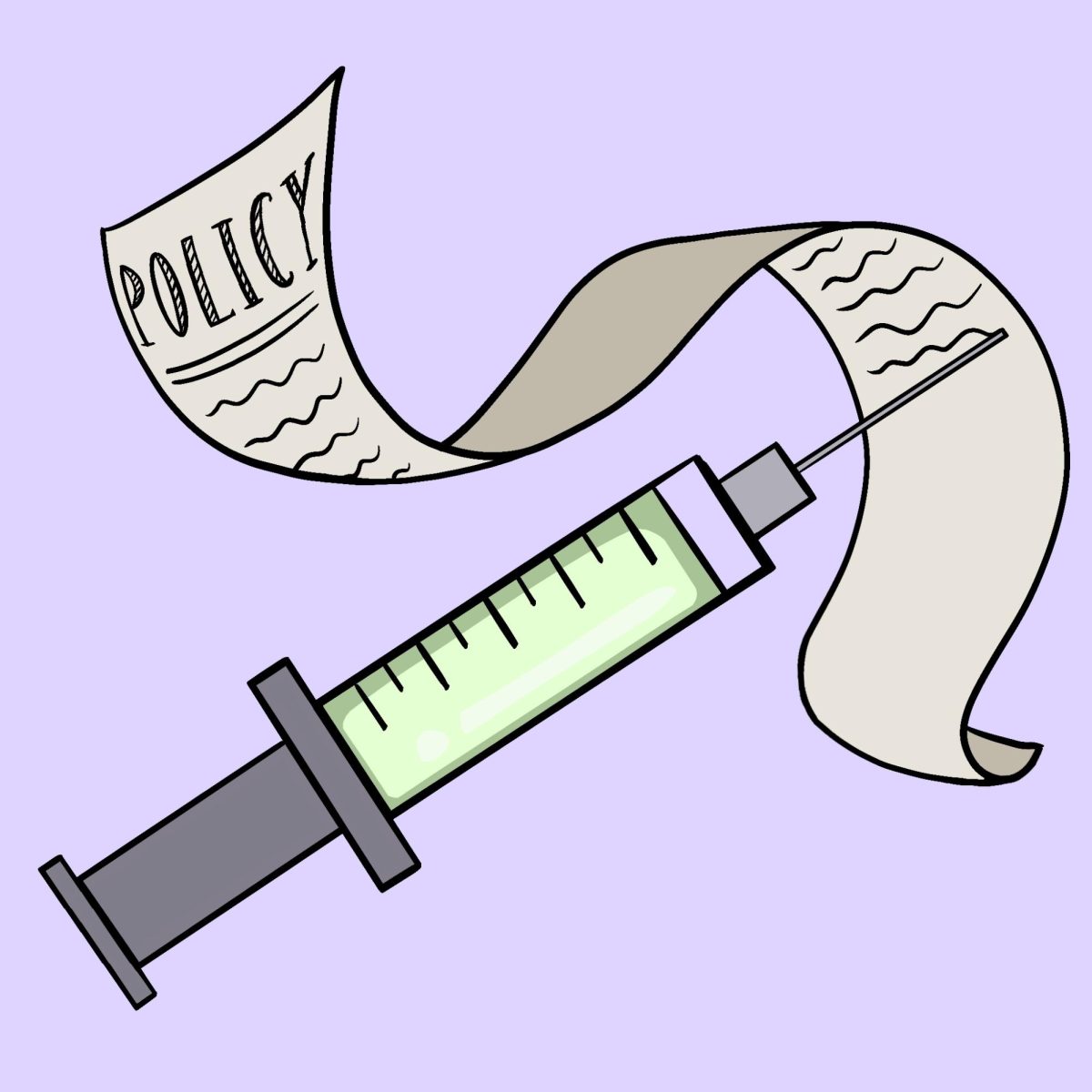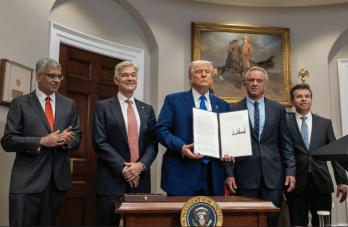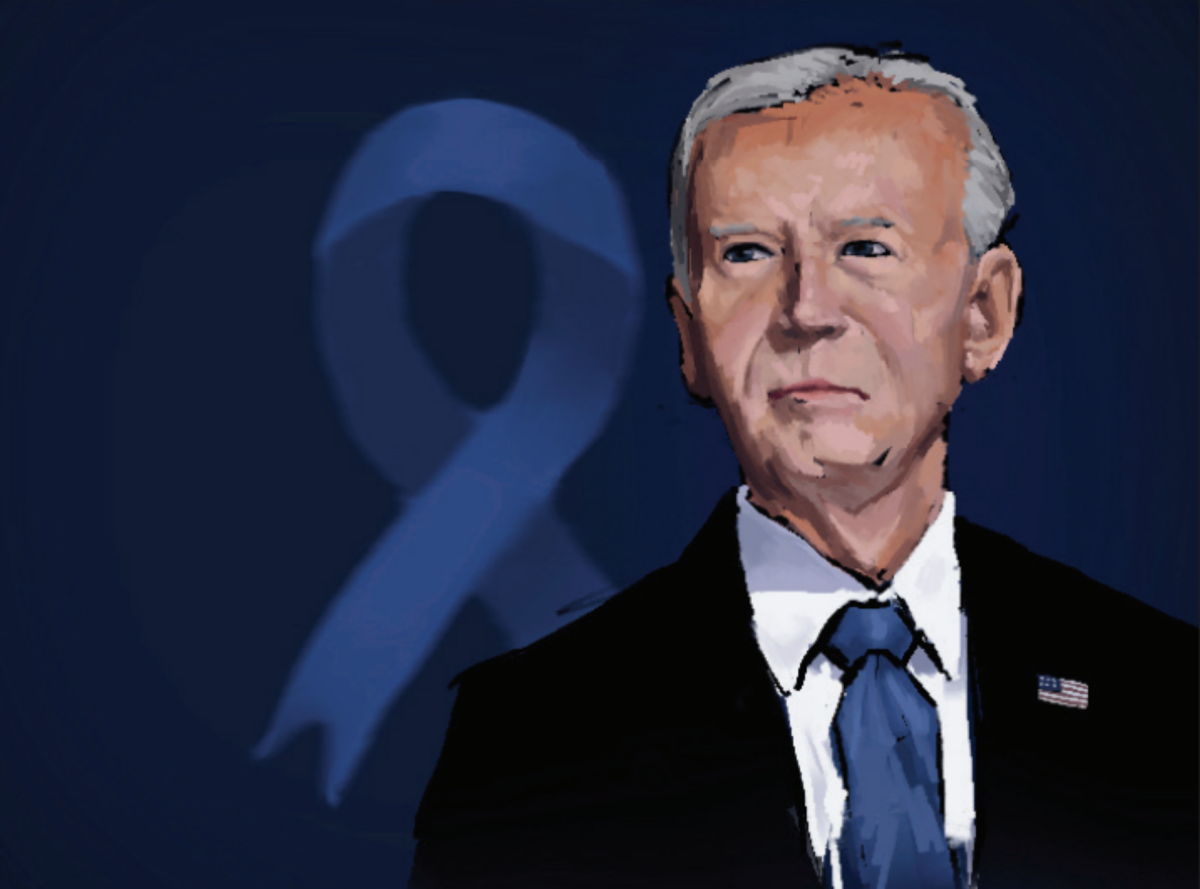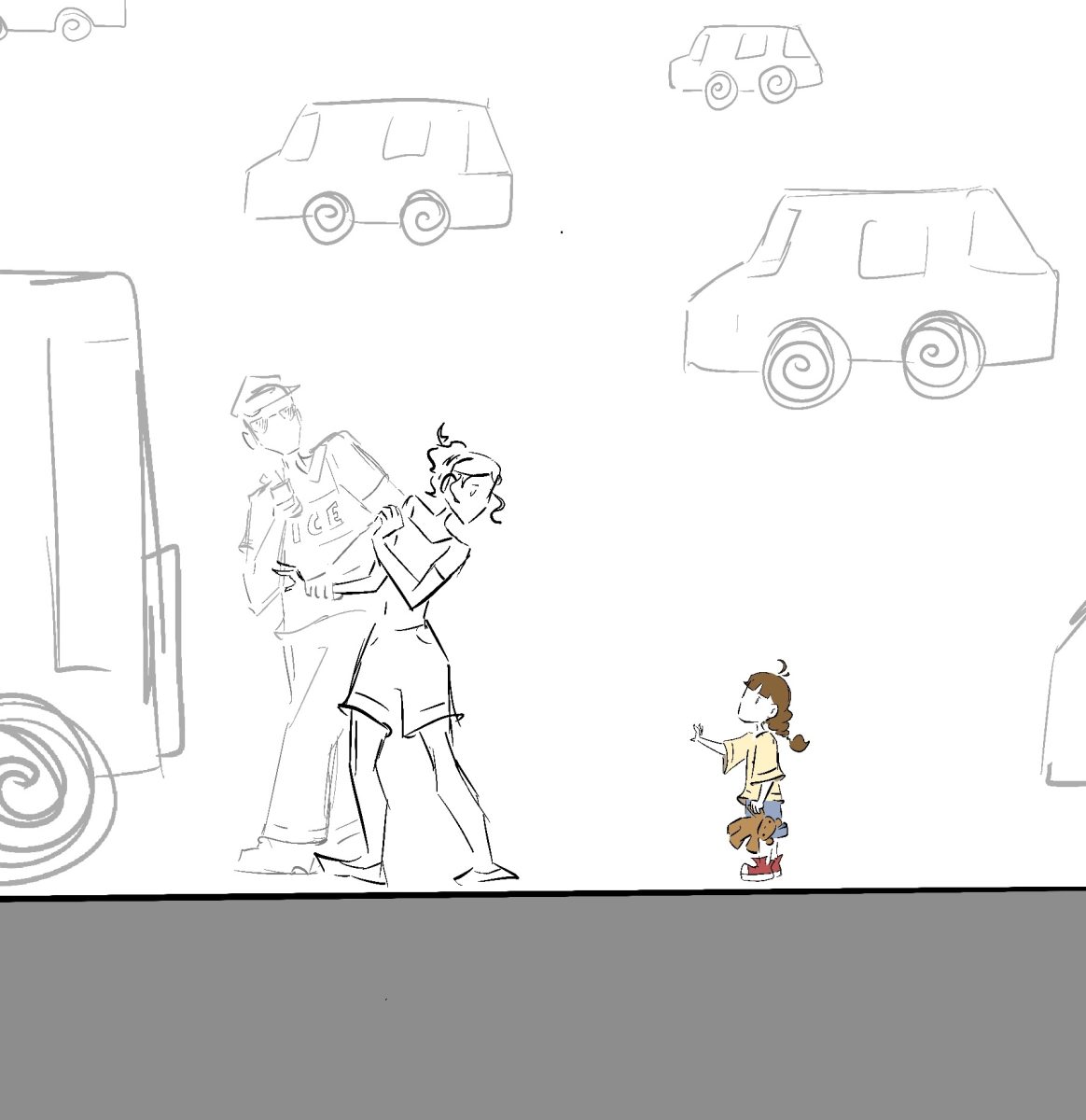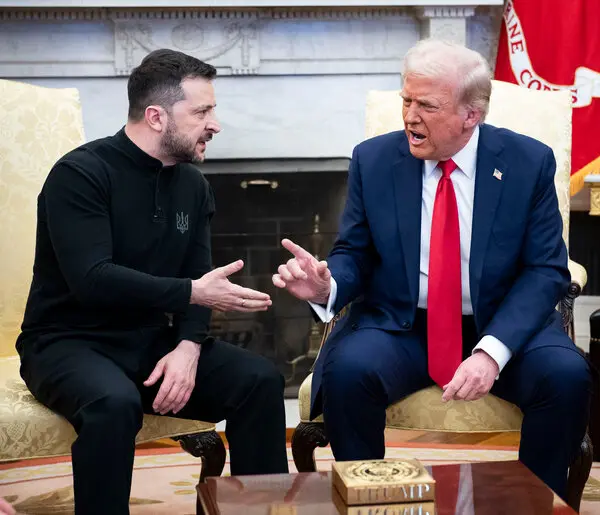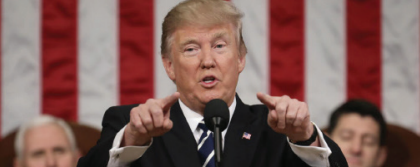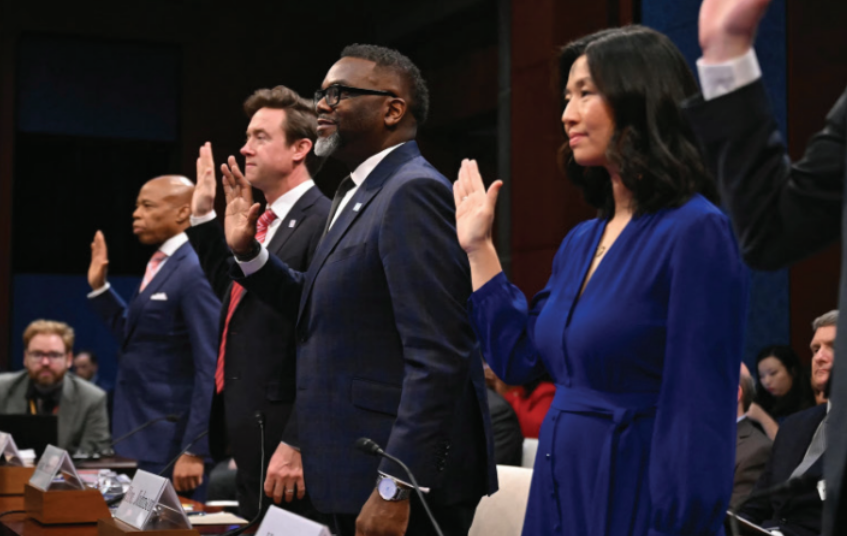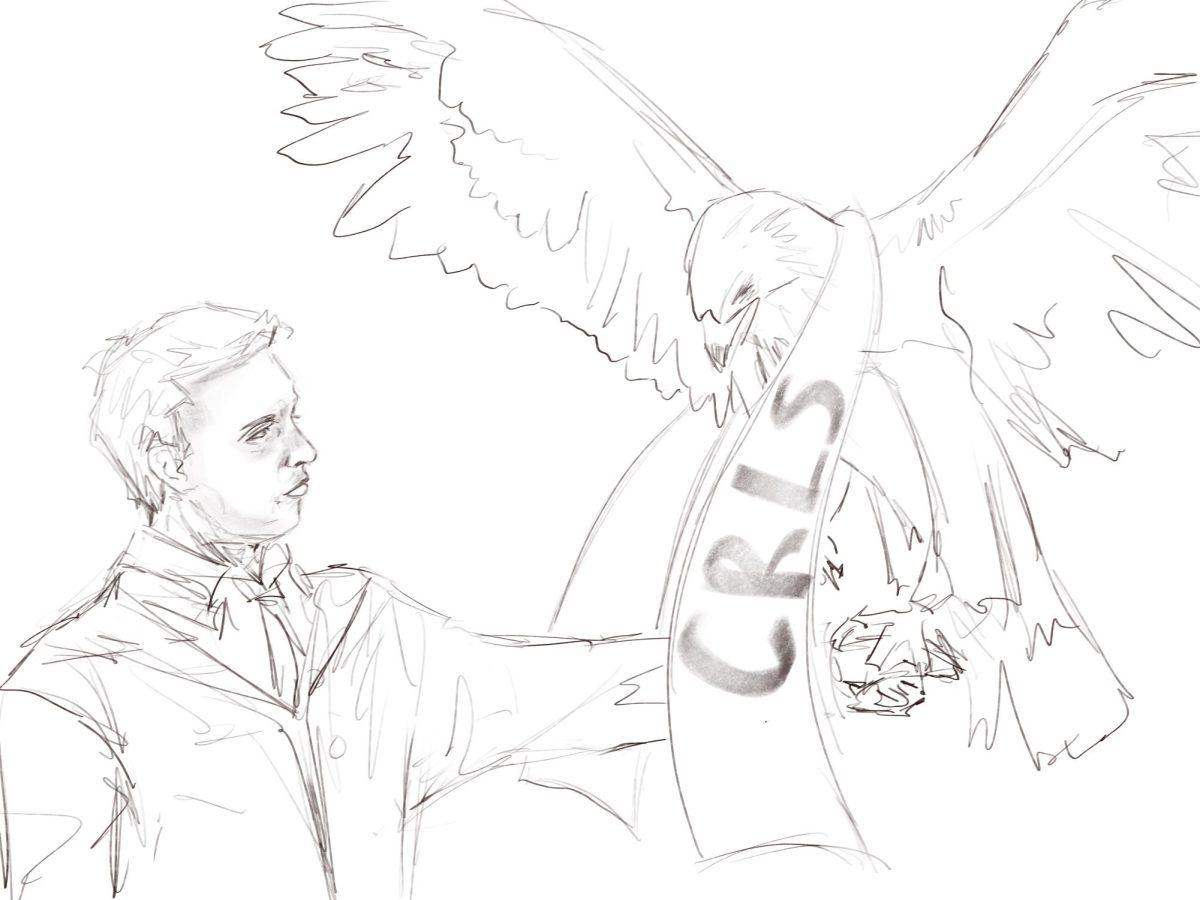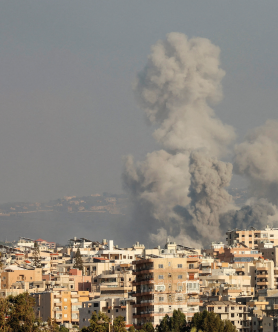
On October 1st, the Israeli Defense Forces (IDF) launched a ground offensive against Hezbollah positions in southern Lebanon, marking a significant escalation in the ongoing conflict between the two adversaries. The operation follows a series of border skirmishes and rocket fire from both sides, raising fears of a broader regional conflict.
The Israeli ground offensive was launched in response to Hezbollah’s increased rocket attacks on northern Israel, which caused civilian casualties and infrastructure damage. According to an IDF spokesperson, the operation aims to dismantle Hezbollah’s military capabilities and secure the Shebaa Farms area, a contested region frequently involved in skirmishes. Supported by artillery and airstrikes, Israeli troops have been deployed to key positions. Prime Minister Netanyahu emphasized the operation’s urgency, stating that all necessary steps would be taken to protect Israel’s citizens and maintain its sovereignty.
In response, Hezbollah has vowed to retaliate decisively against the Israeli offensive. Deputy Leader Naim Qaseem emphasized, “We will face any possibility and we are ready if the Israelis decide to enter by land and the resistance forces are ready for a ground engagement.” This statement highlights Hezbollah’s readiness to defend its territory, further heightening fears of an escalating conflict that could draw in regional players. Reports suggest that Iran may supply Hezbollah with additional weapons and funding, while Syria could be drawn into the conflict due to its proximity and alliance with Lebanon.
Civilians in southern Lebanon are already feeling the effects of the conflict, with many fleeing border areas in anticipation of a wider confrontation. A resident from Tyre expressed her fears, stating, “We were hiding and couldn’t reach the television. I don’t have social media, so I don’t know what the Israelis said.” reflecting the anxieties of those affected, as The New York Times reported. Hospitals and shelters are bracing for an influx of displaced individuals seeking safety.
International leaders have voiced concerns over the potential for a larger conflict. The UN peacekeeping mission in Lebanon, UNIFIL, has called for an immediate ceasefire. President Joe Biden has urged both sides to exercise restraint, while French President Emmanuel Macron has called for diplomatic efforts to deescalate the situation.
As violence escalates, analysts warn of a potential regional war involving Iran and Syria, both linked to Hezbollah. Both Israel and Hezbollah seem poised for a prolonged conflict, with over one million people already displaced, as the ground offensive continues. A UN official stressed, “This is not just a conflict between armies; it’s a struggle for the survival of families and communities.”
This article also appears in our October 2024 print edition.



